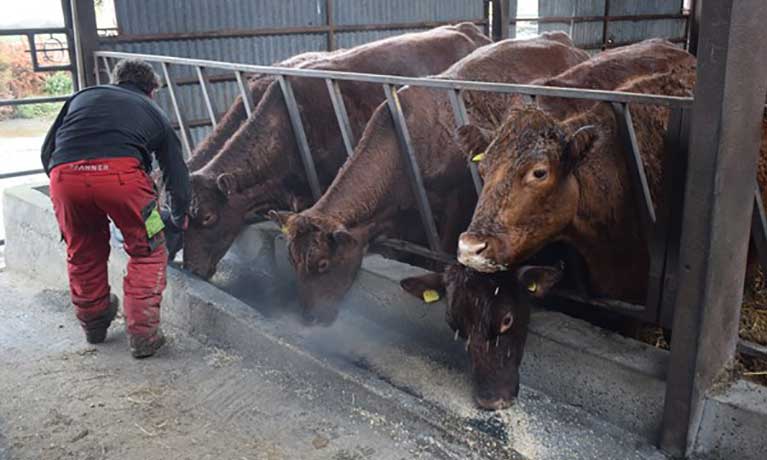BIORICH
Find out more about BIORICH
Search

Coventry University (Innovation Fund)
September 2013 - present
Various
Biochar is the product of thermal degradation of organic materials in the absence of air (pyrolysis), and is distinguished from charcoal by its use as a soil amendment (Lehmann and Joseph, 2009). Its addition to soil, in which it can remain for thousands of years, means that it is currently viewed as a means of carbon sequestration (Laird, 2008).
However, it also offers other benefits, including increased soil fertility, increased health and diversity of soil microbial populations critical to soil function and ecosystem services, and hence and improvement of soil structure, stability, nutrient cycling, aeration, water use efficiency and disease resistance (Lehmann et al. 2011).
However, research remains limited and results have been conflicting with more research being called for (Quilliam et al. 2012). With regard to crop yield, results have varied considerably and appear very much dependent upon experimental set-up, soil properties and conditions. This project seeks to address these gaps in an experiment involving participants across the UK with many different soil types.
How the BIOCHAR project will continue and the research impact it will create:
In addition, previous work on biochar has acted as both a pilot and inspiration for the PhD project of Donna Udall. The title of her thesis is: Investigating the Influence of Biochar and Digestate on Nitroen Transformations in Two Contrasting Soils. In some soils, biochar can cause an initial fall in crop yield as it adsorbs nutrients from the soil, and away from plants. Hence, the aim is to establish if biochar and digestate (both ‘waste products from renewable energy technologies) will work together to reduce the downside of biochar use in terms of available nitrogen in the soil, but also to establish what other environmental benefits may result from using both together.
Size: 7 mb
Size: 36 kb
For more information about this project please contact Donna Udall




